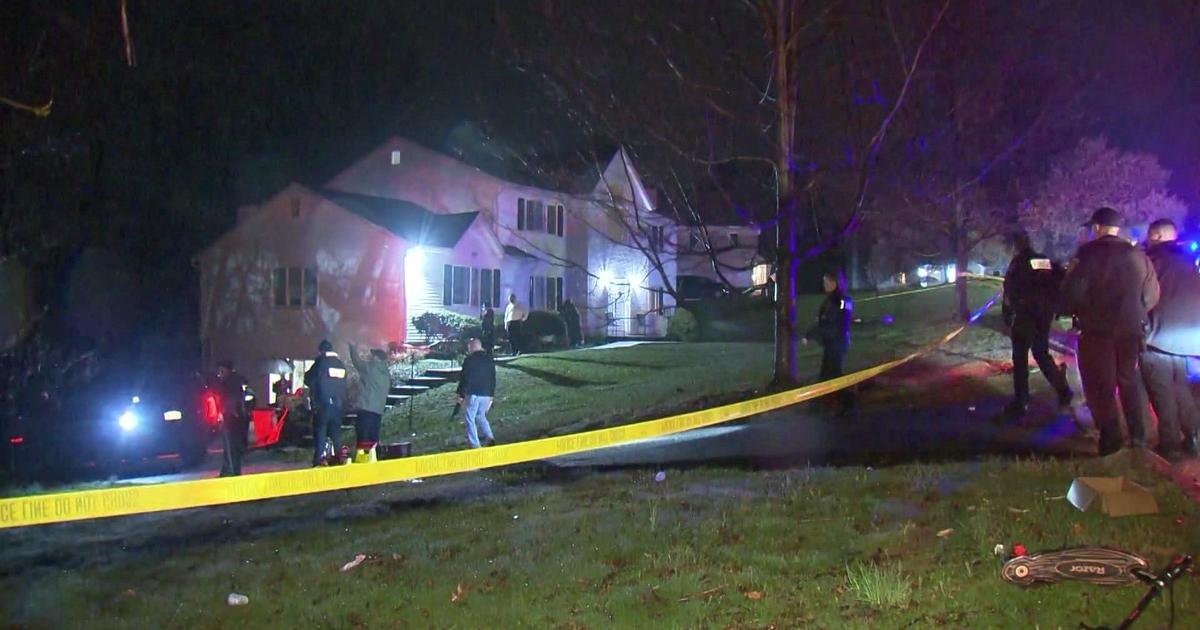Killer Tide: A Crisis Years In The Making
NEW YORK (WCBS 880) – Opioid overdoses are now the leading cause of accidental deaths in the United States, killing more people than gun violence and car crashes.
WCBS reporter Marla Diamond, who shared a 10-week series on the opioid crisis earlier this year, is now wrapping up 2017 with a follow-up series.
New York City's special narcotics prosecutor Bridget G. Brennan tells Diamond that overdose deaths in the city are "climbing at an alarming rate." Last year's 1,340 overdoses set a record in the city, which is likely to be broken this year.
The scope of the problem was laid out in a survey released by the National Safety Council earlier this month. It found that one in four Americans personally know someone who has overdosed or died from an opioid overdose, knows someone who has become addicted to opioids or has become addicted themselves.
In releasing the results, the council announced what it calls a "provocative" nationwide public education campaign that literately puts a face on the opioid crisis. The campaign includes a public exhibit featuring a memorial wall of 22,000 pills – with each pill carved with the likeness of an overdose victim.
National Safety Council President and CEO Deborah Hersman, a former chair of the National Transportation Safety Board, calls it both frightening and heartbreaking.
"It's just incredible when you think that each one of those individuals represents a life, a family, a part of a community," she tells Diamond.
Learn More: Killer Tide. The Opioid Epidemic
Last month, President Donald Trump declared the opioid epidemic a 'public health emergency.' The designation falls short of a 'national emergency,' which would have immediately provided federal funds to combat the crisis.
So what is needed to help battle the epidemic?
New York City Health Commissioner Dr. Mary Bassett says the true test of how seriously the country takes the crisis will come down to its commitment to preserving the public insurance programs for low income citizens.
The city has committed to spending $38 million in an all-out push to reduce overdose deaths. Much of that money will be spent on crisis intervention, educating medical professionals to stop over-prescribing, and getting the antidote Narcan into the hands of people who can save the lives of those overdosing.



